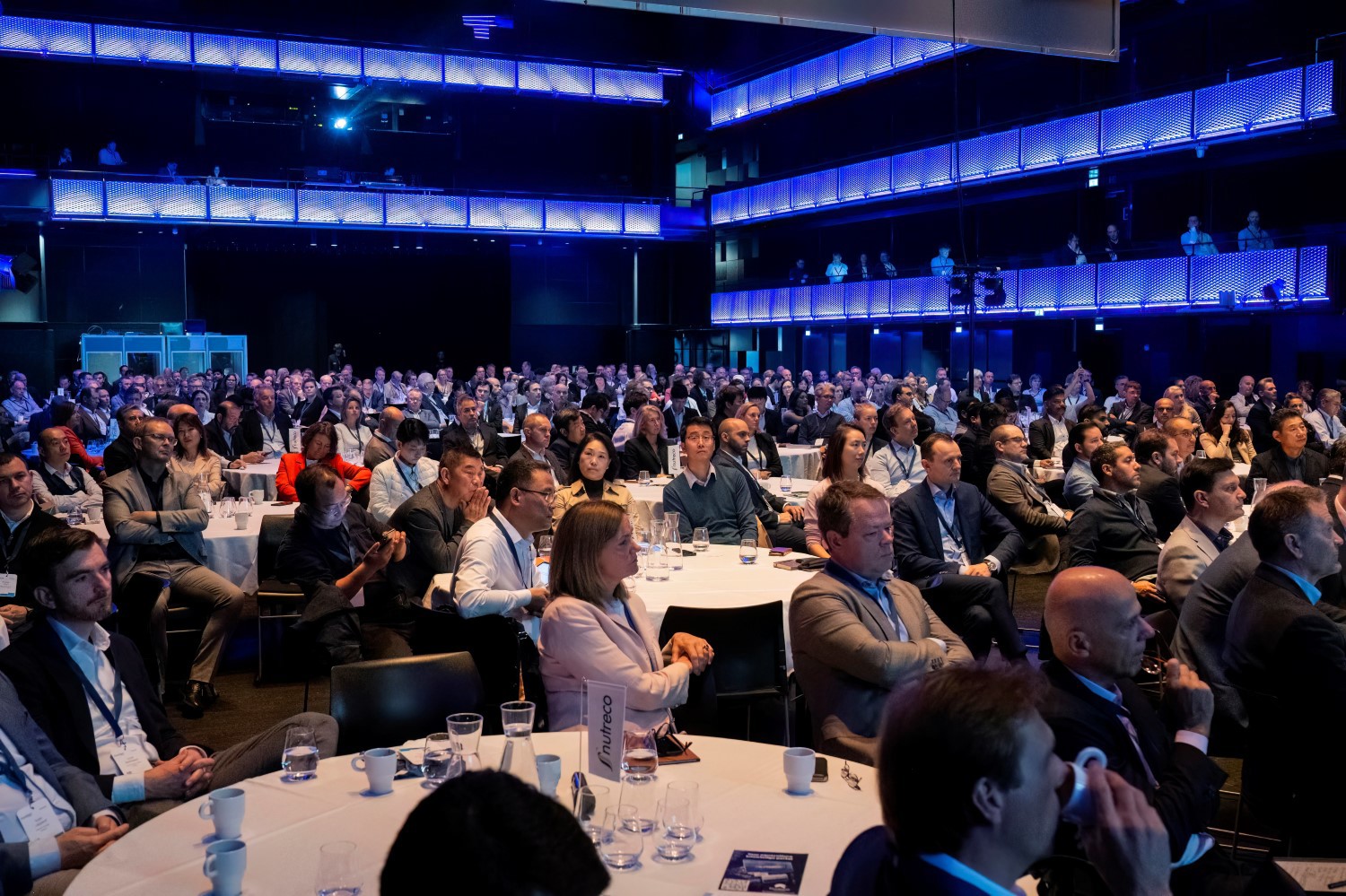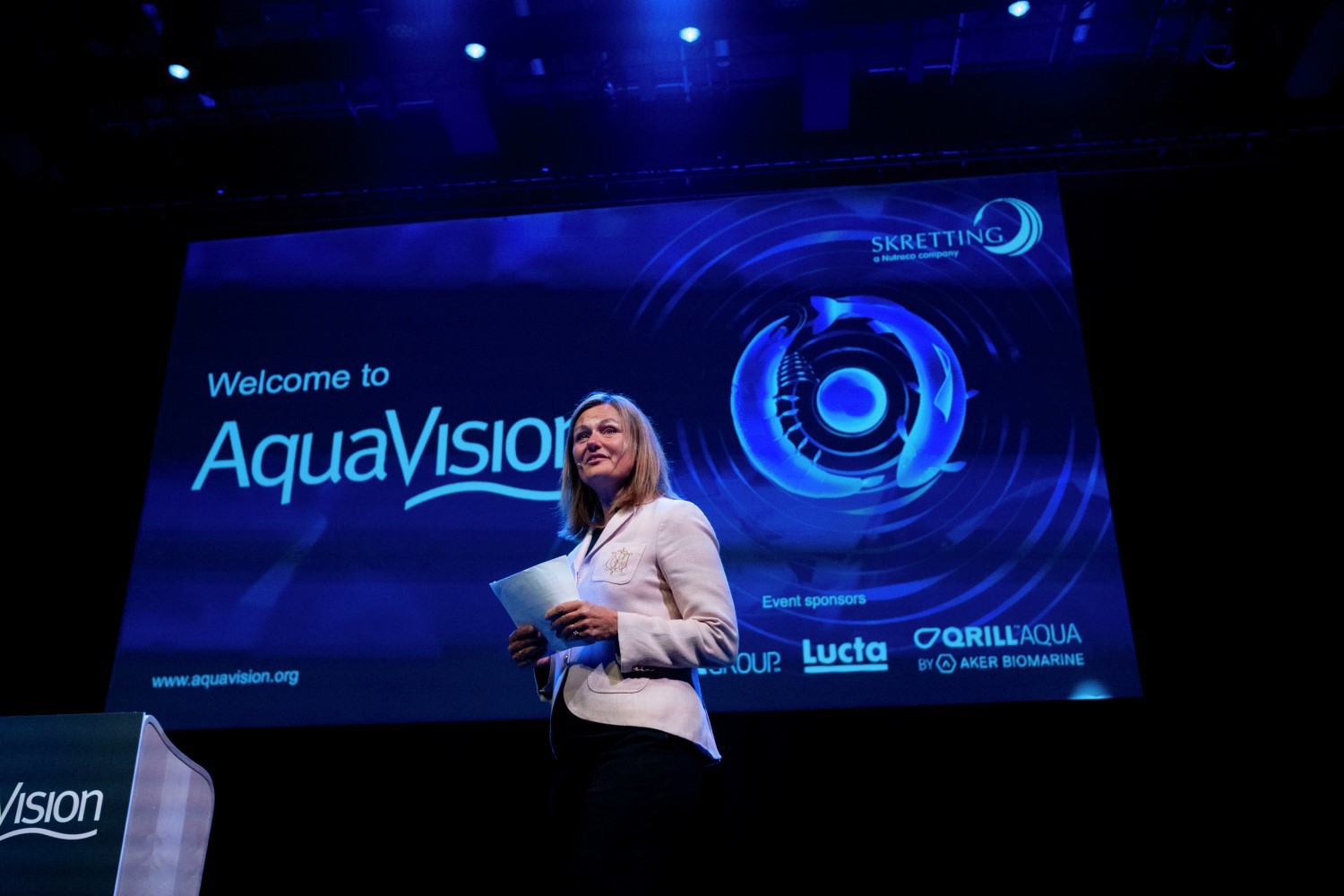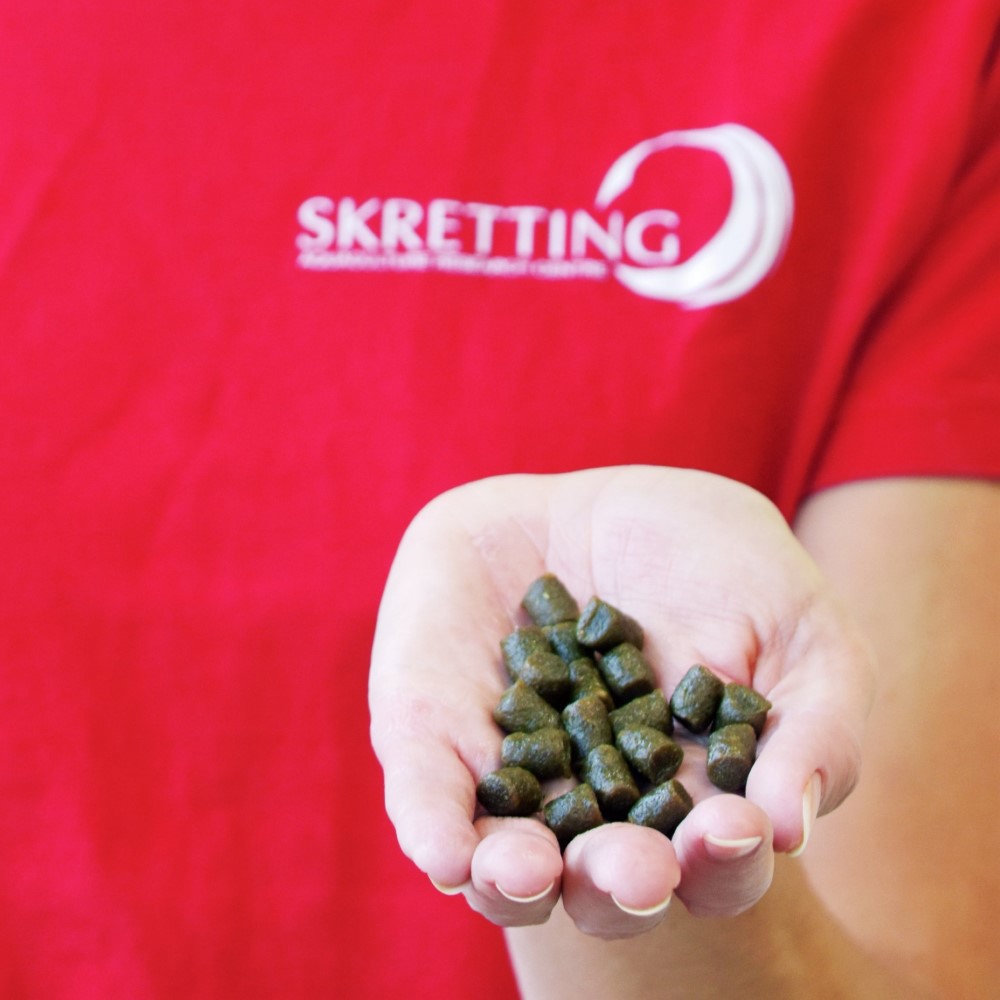There are multiple reasons why recirculation aquaculture systems (RAS) are being seen as the way forward for farmed fish production, according to Sten Falkum of Norwegian trout farming company Hima Seafood.
The value of RAS

Falkum told AquaVision 2022 that from the perspective of responsible farming, these include the use of fully-enclosed facilities which not only provide bio-secure system for the fish to grow and mature in, they also ensure surrounding areas cannot be negatively impacted by the farming operations. Also in this regard, as well as being able to reuse almost all of the water involved in the production process, RAS establishes a rearing environment through which to uphold fish welfare.
“Sustainable food production involves a moral obligation to treat and give the animals the best quality of life as possible,” he said, “and we believe that tomorrow’s customers will set much higher demands on food producers than they have in the past.
“So, instead of having a one-sided focus in terms of saving cost or reducing investment, Hima has gone the opposite way. We’ve challenged our technology suppliers to come up with solutions that promote fish welfare and increase the safety for the animals at our farm.
“Trust is fundamental when establishing a long-term, profitable business. We want our customers to trust us that we have given the animals the best possible life. We also want the municipality to accept that we don’t disturb the local wildlife or pollute nature. And we want our employees and business partners to be trusted by us and to see themselves as part of [the ambition to reach] a common goal.”
The focus on trust has already led Hima into sustainable synergies with some industrial neighbours. In particular, it has an agreement in place with Green Mountain where it reuses the colocation company’s waste heat in the production of its fish, thereby reducing its energy consumption and carbon footprint.
By-product utilisation
In terms of commercial opportunities, using RAS at Hima’s Rjukan, Telemark, facility has also enabled the company to collect 100% of the by-products from its operations. These include dried sludge and pre-processing waste, which collectively amount to around 12,500 tonnes of marketable raw materials.
As such, Hima is not only using 100% of its fish (with heads, bones etc processed to create omega-3 ingredients popularly used by the petfood sector), it’s also able to claim that it’s using almost 100% of the by-products, said Falkum.
A lot of its production by-products are going to the manufacture of biological fertilisers. This, AquaVision heard, is a market that’s expected to double in the next five years and is currently seeing a 40% annual increase in demand.
Falkum explained the main reason for this considerable growth is that organic fertiliser supports “micro-life” in the soil, which in turn improves the soil structure – making it possible for the plants to take on more nutrients than they would with artificial fertilisers.
Added to this, the EU and other countries are actively encouraging the recycling of nutrients into biological fertilisers, he said.
“That market is very underserved, and we have a large quantity because we are doing grow-out in freshwater. But it’s not like we are inventing these product categories – the retail market is already selling a lot of organic fertiliserd and fish emulsions, and the market is growing.”
Trust is fundamental when establishing a long-term, profitable business. We want our customers to trust us that we have given the animals the best possible life.
Boosting salmon supplies
For Danish-headquartered Nordic Aqua Partners A/S, RAS provides the platform to help meet the fast-growing global demand for Atlantic salmon, explained company chairman Ragnar Joenson.
Mostly conducted through traditional cage farming, the salmon sector has ramped up total production to around 3 million tonnes per year and the projection is that this will increase to a level of 4 million tonnes by 2030, with an increasing proportion of that growth to come from both land-based and offshore containment systems, he said.
Joensen highlighted that many farming operations have been switching over to conduct more production on land, mainly by increasing smolt size before transferal to sea sites. As such, the smolt produced on land now averages around 150 grams, but within that, some companies are “being much more aggressive” and have pushed up the smolt size to around 1 kg.
“When you have the animals in contained systems, it’s easier to protect them from parasites and diseases,” he said. “You can also utilise the sites at sea better. Instead of a two-year production cycle, you can take it down to one year.
But Nordic Aqua Partners’ interest in RAS doesn’t end at smolt. The company is also constructing a full grow-out RAS facility in the Xiangshan county of Ningbo, near to Shanghai, with the initial production projected to supply 4,000 tonnes to the local market.
The first eggs were introduced in the first quarter of 2022, with the initial harvest expected in Q1 2024. The current plan is then to increase its volume to 8,000 tonnes.
From this location, the company will be able to reach 100 million customers within a five-hour drive, Joenson told the conference. He also revealed that discussions are now ongoing as to whether to look to expand the Xiangshan operations to 20,000 tonnes or add another Chinese location.


